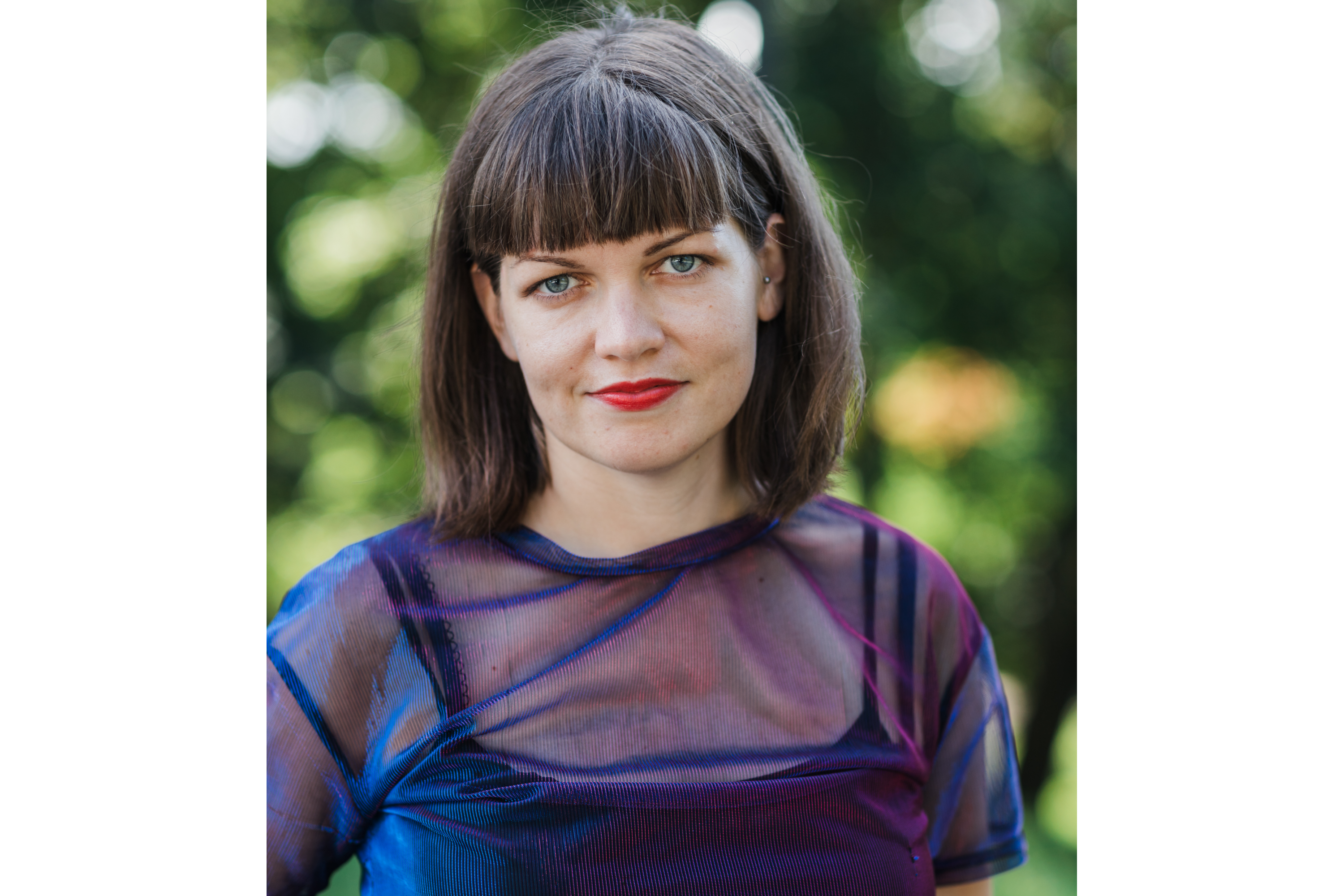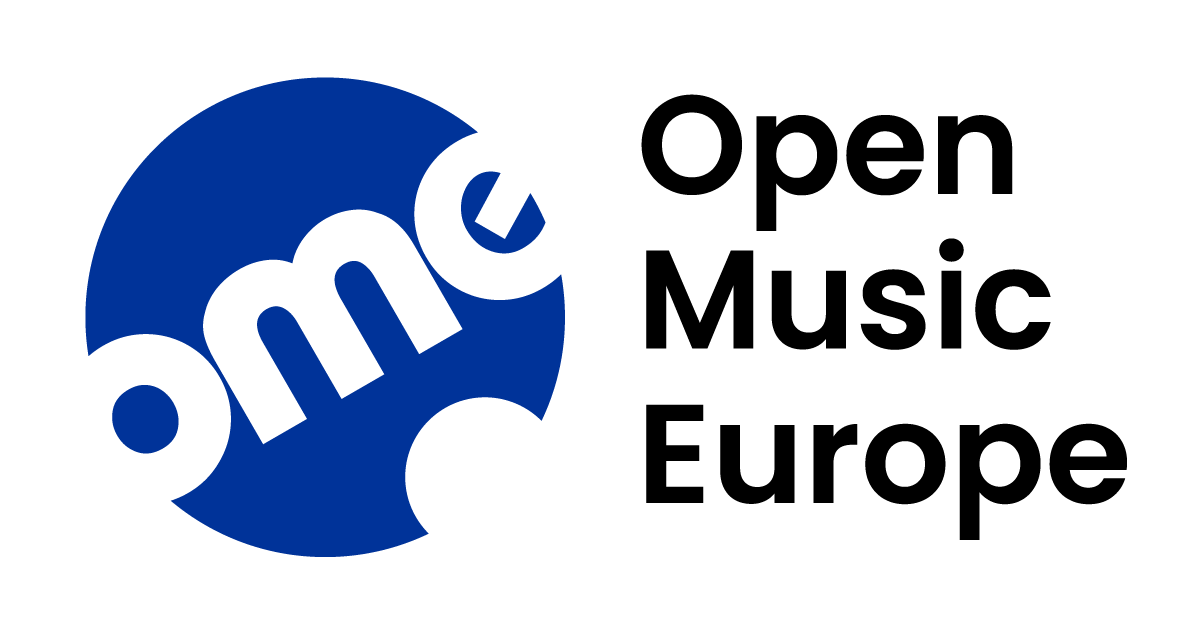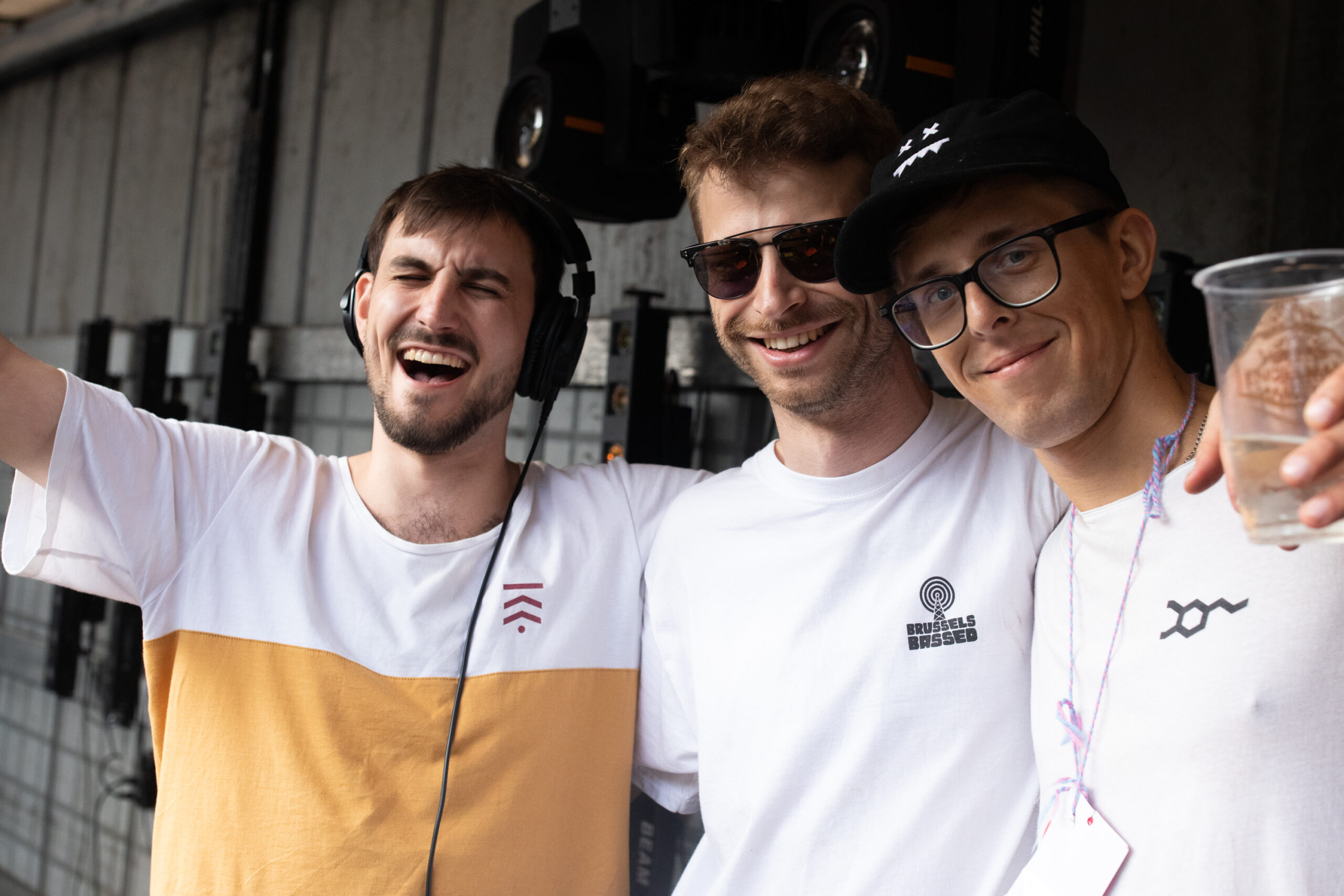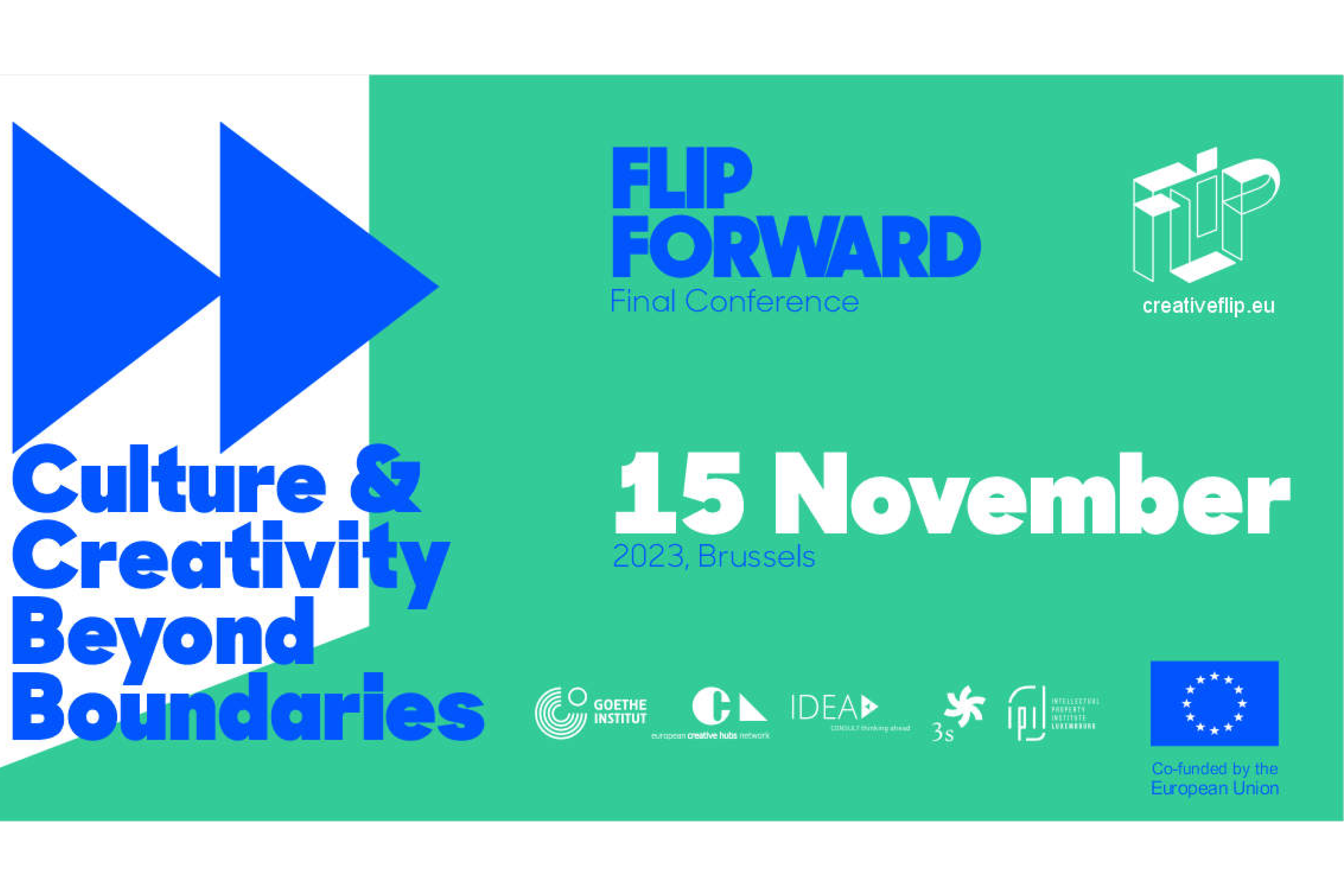
Interview: Natalie Mets Nighttime – Adviser for the City of Tallinn
Comments
-
-
бнанс рестраця для США
I don’t think the title of your article matches the content lol. Just kidding, mainly because I had some doubts after reading the article.
-
JefferyFoove
Несомненно важные новинки индустрии.
Актуальные эвенты известнейших подуимов.
Модные дома, торговые марки, haute couture.
Лучшее место для модных хайпбистов.
https://rftimes.ru/news/2024-07-05-teplye-istorii-brend-herno -
Theodore_S
I like this web site very much, Its a really nice berth to read and incur info.Blog monry
-
DavidFeala
Абсолютно свежие новинки модного мира.
Актуальные мероприятия лучших подуимов.
Модные дома, торговые марки, haute couture.
Самое лучшее место для модных людей.
https://luxe-moda.ru/chic/356-rick-owens-buntar-v-chernyh-tonah/ -
Donaldnic
Абсолютно стильные новости моды.
Абсолютно все события всемирных подуимов.
Модные дома, торговые марки, гедонизм.
Лучшее место для трендовых людей.
https://km-moda.ru/style/525-parajumpers-istoriya-stil-i-assortiment/ -
-
MichaelNub
п»їbest mexican online pharmacies
https://cmqpharma.online/# mexico drug stores pharmacies
medicine in mexico pharmacies -
CharlesVop
Самые стильные события моды.
Важные события мировых подуимов.
Модные дома, лейблы, высокая мода.
Интересное место для модных людей.
https://modastars.ru/ -
-
Michaelkex
Очень трендовые новости индустрии.
Исчерпывающие события лучших подуимов.
Модные дома, бренды, высокая мода.
Интересное место для стильныех хайпбистов.
https://donnafashion.ru/ -
MichaelCrype
top online pharmacy india: best online pharmacy india – reputable indian online pharmacy
-
Davidtus
buying prescription drugs in mexico: mexican border pharmacies shipping to usa – buying prescription drugs in mexico
-
-
-
-
-
Davidtus
п»їlegitimate online pharmacies india: Online medicine order – reputable indian online pharmacy
-
-
-
MichaelCrype
п»їlegitimate online pharmacies india: indian pharmacy online – top 10 online pharmacy in india
-
Charlesuseda
canadian neighbor pharmacy best mail order pharmacy canada legitimate canadian pharmacies
-
-
Davidtus
reputable mexican pharmacies online: mexican pharmacy – buying prescription drugs in mexico
-
MichaelCrype
mexico pharmacy: purple pharmacy mexico price list – buying prescription drugs in mexico
-
Davidtus
mexican online pharmacies prescription drugs: best online pharmacies in mexico – purple pharmacy mexico price list
-
Jameskar
get generic clomid without prescription: where can i buy generic clomid without prescription – where to buy clomid without prescription
-
-
Eugeneutill
Точно важные новости мира fashion.
Исчерпывающие мероприятия лучших подуимов.
Модные дома, торговые марки, haute couture.
Свежее место для модных людей.
https://mvmedia.ru/novosti/282-vybiraem-puhovik-herno-podrobnyy-gayd/ -
-
-
-
Jameskar
amoxicillin 500mg tablets price in india: buying amoxicillin online – buy amoxicillin 500mg usa
-
-
-
-
-
-
-
-
Jameskar
get generic clomid price: cost of cheap clomid no prescription – can i purchase generic clomid without prescription
-
-
-
binance Препоръчителен бонус
I don’t think the title of your article matches the content lol. Just kidding, mainly because I had some doubts after reading the article.
-






sklep internetowy
Wow, marvelous blog layout! How lengthy have you ever been blogging for?
you make running a blog look easy. The overall glance
of your site is great, let alone the content material!
You can see similar here dobry sklep